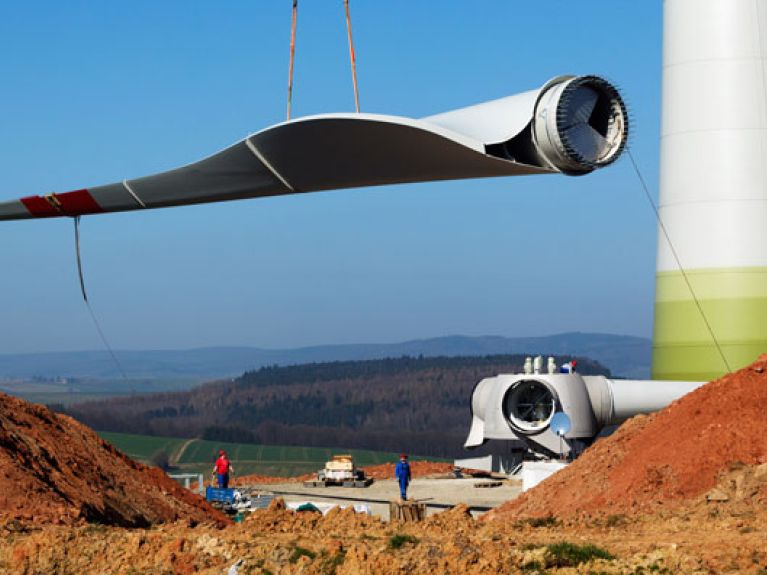Model for the future: cooperatives
Cooperatives have a long history in Germany. But “cooperative companies” can also provide good solutions to current challenges.

A German success story: in the middle of the nineteenth century, Friedrich Wilhelm Raiffeisen and Herman Schulze-Delitzsch founded around the same time the first cooperatives, that is, associations of people pursuing a common goal in accordance with the principles of self-help, self-management and self-responsibility. Today, Germany has more than 7,500 cooperatives with a total of 20 million members, and the number is growing. In contrast to other social formats, cooperatives are formed not only for the sake of economic success. People are propelled into these communities of solidarity primarily for reasons of social justice and ecology. Members of a cooperative are often also its employees or customers. Today the model works not only in the areas of agriculture, banking and trade; it also promises solutions for the energy transition, influx of refugees and housing shortages. Three examples.
Friedrich-Wilhelm Raiffeisen Energie eG, Eichenzell
In 2016 the registered cooperative company (eingetragene Genossenschaft / eG) in the Fulda district began operation of the Hofbieber wind farm, with the aim of generating 18 million kilowatt hours of electricity per year. This will benefit the environment, the community and the cooperative members through the revenues. Hofbieber can look forward to the more than 2.6 million euros that are expected to flow into the community coffers in the coming years for leasing and business tax. The idea was so convincing that almost 190 cooperative members invested 2.7 million euros in it within a very short space of time. The plan of attracting a financially strong partner could therefore be scrapped.
SprInt eG, Wuppertal
The project for language and integration mediation (Sprach- und Integrationsvermittlung / Sprint), originally developed by the social welfare work Diakonie Wuppertal, was organized as a cooperative at the end of 2015 because of growing demand. Its aim is to provide even more effectively participation in and access to work and education for immigrants. Now more than 450 agencies and institutions use the services of the specially trained and certified language and integration mediators, including public administrations, work and health offices, youth welfare facilities, clinics, schools and courts. This benefits both the clients and the cooperative members, who work as its employees.
Wogeno eG, Munich
Wogeno in Munich was founded already in 1993 in order to provide social, ecological and (in the meantime) above all affordable living space. The numbers show how cogent the idea is: four years ago, the cooperative had 1,900 members, for whom it provided 239 flats; now it has double so many: 3,800 members and 540 flats.

